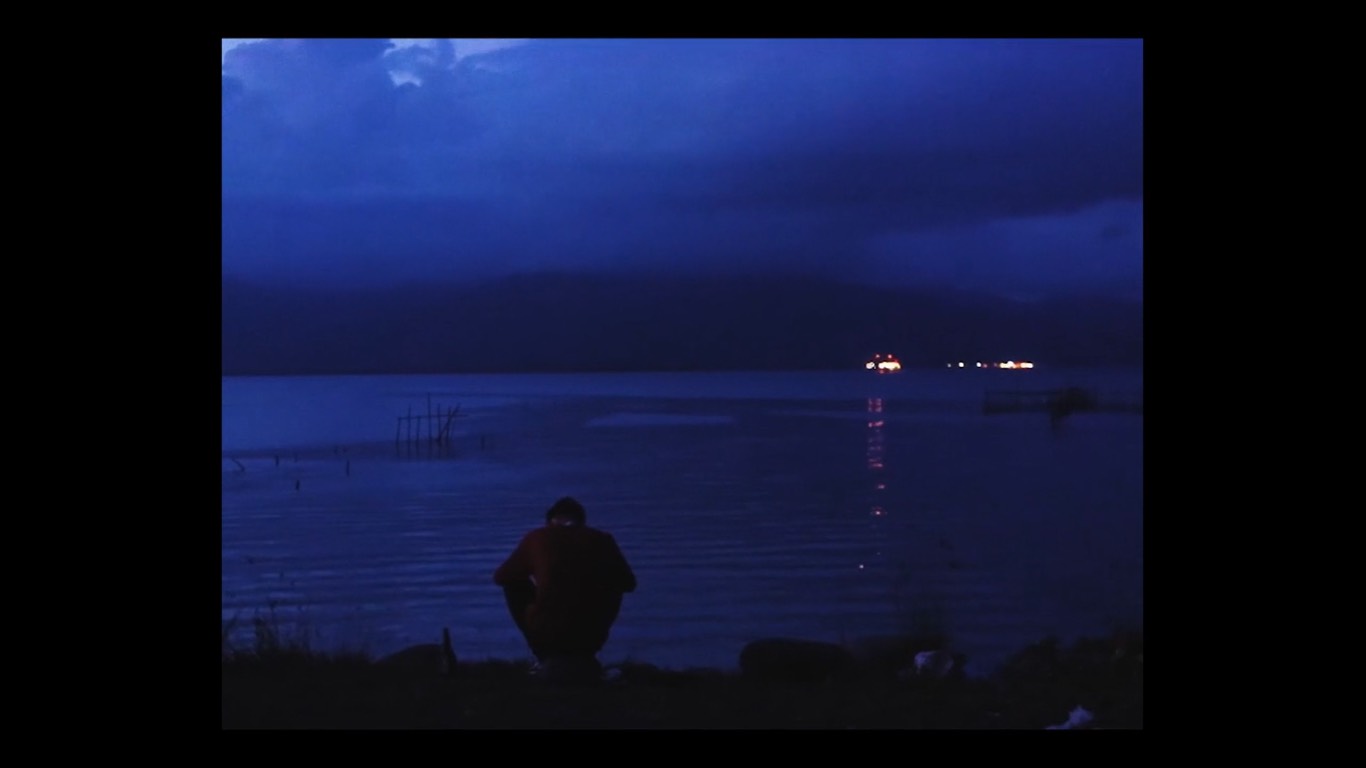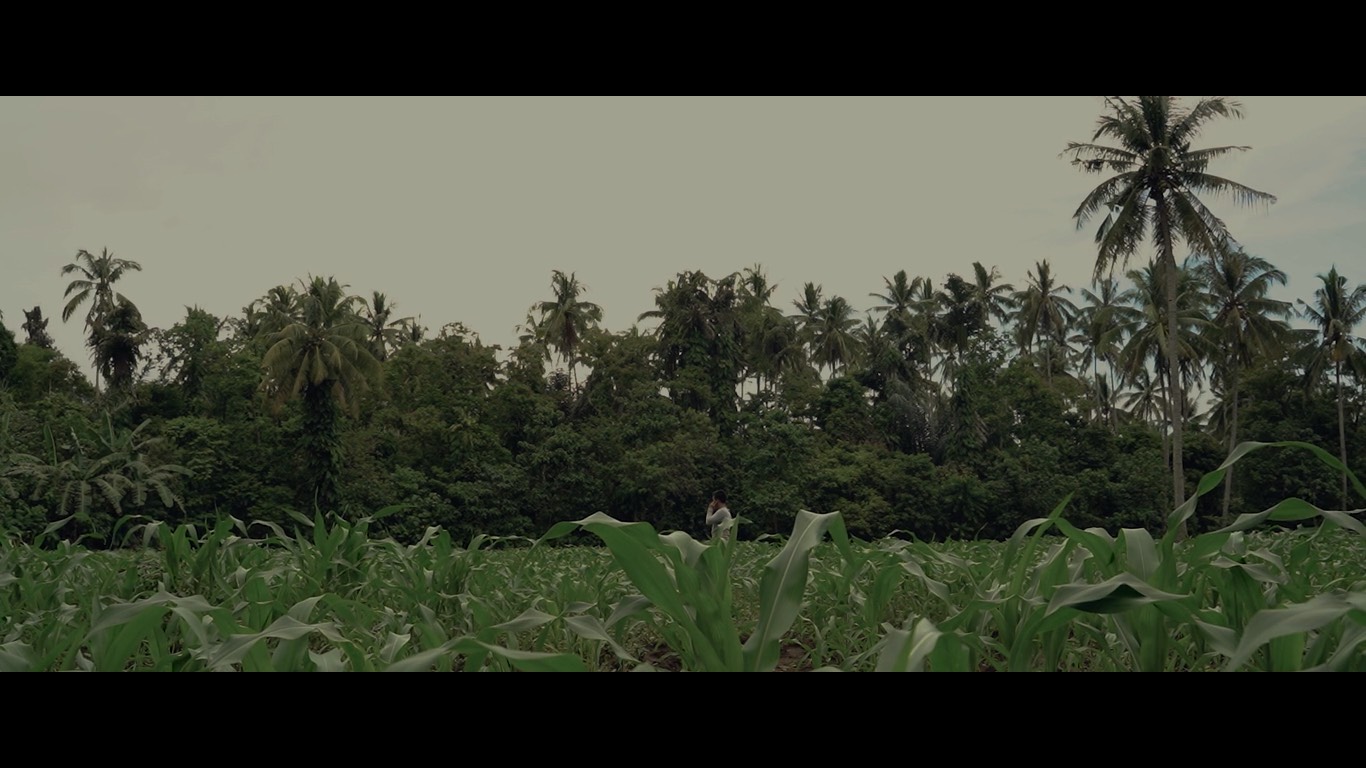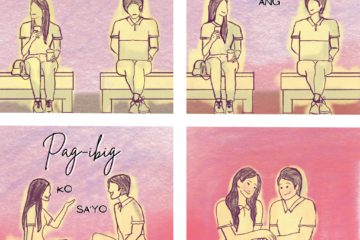By JUSTIN ANDREW CRUZANA
FILIPINO SHORT FILMS are inherently magical. These small, bottled-up epochs could contain large and compelling stories. Even when the narratives differ, they are still tied together through one universal emotion: loss. Three short films from this year’s Pista ng Pelikulang Pilipino, in diverse ways, deal with the issue of losing hope— from losing one’s path, a loved one, and even one’s home.
Dagiti Tallu A Birhen
This eight-minute short film by director Melver Ritz L. Gomez shows the qualms of a nun who lost interest in staying within the convent. While seemingly incohesive at first glance, Dagiti Tallu a Birhen is a collection of beautiful scenes strung together, relying on isolated scenery rather than the story.
In truth, Dagiti Tallu a Birhen is more a poem than it is a film. It is abstract and conveys its emotions through imagery, rhythm, and tone. The movie is bright with scenery shot in daylight and candlelit chapels. The score of strings that accompany it is simple and weaves in a feeling of harmony.
The plot is not straightforward. Instead, a series of abstract visuals flutter through the screen. These vary from an unoccupied swing-set, a deformed statue of a woman, a man dancing, and so on.
Likewise, the film tries an unconventional attempt at story-telling. It replaces a plotline that goes from point A to point B and opts for a series of disjointed shots to convey emotions. In contrast to the main character’s inner conflict, the combination of sweet-sounding strings and lush cinematography works in a portrayal of peace. This dissonance between narrative and camera work blends together to bring both agitation and awe to its audiences.

Bituin
Bituin is a “star-crossed lovers” story told through a single conversation. Directed by Jun Vincent C. Abao, the film follows the narrative of a young man named Marco. He is married and with children, seemingly portraying a well-adjusted filial lifestyle. However, Marco cannot seem to let go of the past as he continues to talk to his ex-girlfriend, Belle.
At surface level, the stakes for Marco’s conflict seem inconsequential and this is reflected in the movie’s framing: the ratio is minimized and the scenery grainy. This small setting is accompanied by dark lighting as the film is shot at nighttime. What small fragments of light the audience will see are the city lights in the distance.
The mix of minimized framing and dim lighting brings out the brightness in Marco’s conversation with Belle. The two take center stage and exchange truths with one another. Despite being alone together, they speak quickly and in whispers, as if afraid their tryst would be discovered. This emphasizes the state of desperation between them.
Overall, Bituin is unconventional. Some lines are battered and used so much in other films and media. Even if the conviction from the actors is inconsistent and wanders away, the film’s aesthetic and passion stays.

Trespas
Director Reyan Christian C. Amacna’s Trespas is a simple, concise, and disturbing piece of art. Eric, a farmer, is threatened by authorities to give up his land. He refuses, and he lives his days expecting the worse to come.
Trespas is a film that benefits more from cinematography than dialogue. The protagonist speaks scarcely, only when the plot must unfold. The camera pans itself out into Eric’s surroundings, leaving him looking isolated amongst the trees.
The film lingers on wide shots of lush greenery, the colors are diluted and left austere. There is no musical score to accompany it, only the sound of cicadas and birds chirping to draw in the susceptible atmosphere. The lack of music, the empty wide shots, and the protagonist’s constant worried expression beckons in an omen for the audience.
This cold presentation makes Trespas a marvel for mirroring the everyday danger local farmers face. Just like Eric, farmers in real life are threatened to give up their land. In the instance that they do not, cruel consequences will fall upon them.

Undeterred by their short lengths, these three films from the fourth annual Pista ng Pelikulang Pilipino encapsulate the strong feeling of loss and the emotions that come after it. It could fester into depression, yearning, and fear.
These short films are testimonies that local Filipino directors are talented and resourceful. Their empathy for loss and the various ways of coping with it becomes corporeal on screen. Even with a handful of minutes, a small cast and crew, and a simple setting could accumulate into compelling but devastating narratives. F




Thank you for this, The Flame . God Bless !
Melver Ritz Gomez
Director, Dagiti Tallo a Virgen ( PPP 2020 )